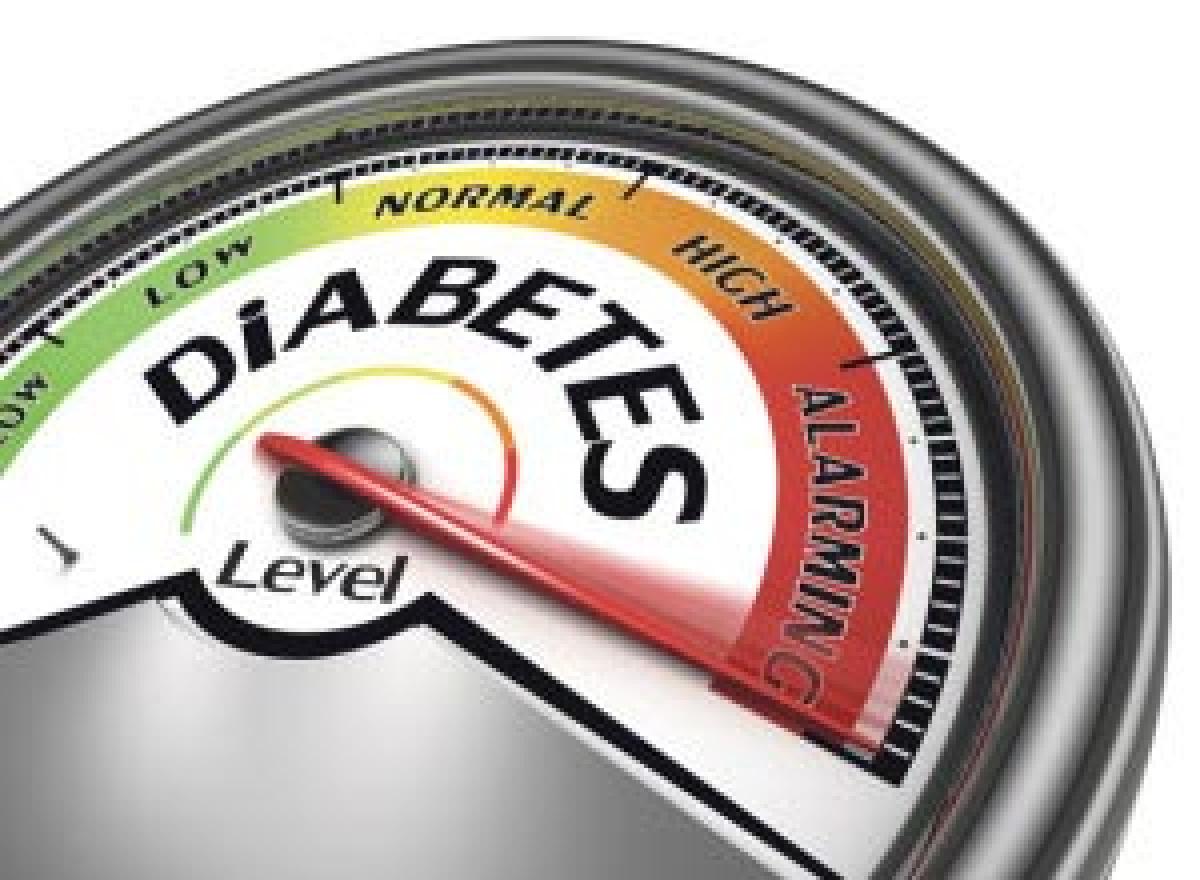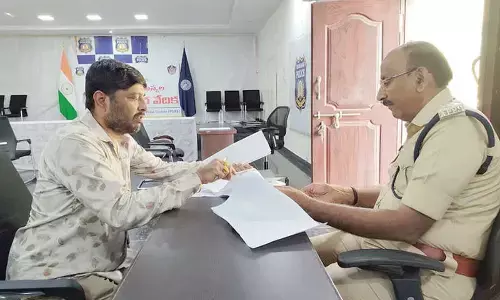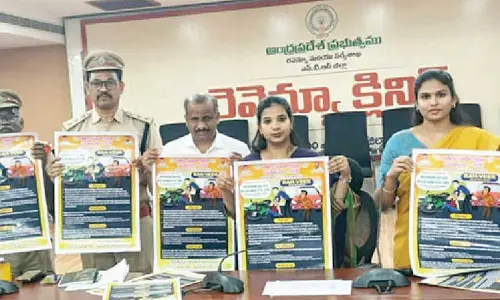A diabetic’s guide to fasting

An act of faith and worship, the Ramadan fast gives one the opportunity to concentrate wholeheartedly on health and prioritise healthy living over all else.
An act of faith and worship, the Ramadan fast gives one the opportunity to concentrate wholeheartedly on health and prioritise healthy living over all else. Before taking the plunge, however, one must consult with their doctor and educate themselves on the possible risks associated with fasting and the safest ways to fast during Ramadan.
Dr Menaka Ram Prasad, Consultant Endocrinologist and Diabetologist, Apollo Sugar Clinic, Hyderabad shares her tips on how diabetics can have a heathy Ramadan.
Low blood glucose (hypoglycemia)
Blood glucose levels are likely to go down during the day when one is not eating. In individuals who take insulin or diabetes medication, the risk of hypoglycemia occurring is much higher.
Limit physical activity during fasting hours and be more active after sunset. Talk with your healthcare provider to find out if your medicine puts you at risk for low blood glucose and discuss how to prevent it.
High blood glucose (hyperglycemia)
Once the fast is broken and one has begun to eat, blood glucose levels naturally go up. The risk is when glucose levels go too high- and this happens as a result of overeating or eating too many sugary foods. Watch out for eating too many sweets and keep the portion sizes moderate.
Even though Ramadan is known as a time of fasting – it is not uncommon for people to gain weight during this month, as in some families, every evening meal is a celebration.
Dehydration
This is a problem that occurs commonly during the summer months. Avoid caffeinated and sugary drinks such as tea, coffee, packaged fruit juice and the like. One must make sure they are drinking enough water and consuming sufficient water based fruits and vegetables.
What to eat and what to avoid
1. The dawn meal should contain a balance of whole grain sources of starchy carbohydrates as well as some protein and fat to help slow the digestion and help the feeling of fullness last as long as possible into the day.
2. Traditionally the fast is broken (Iftar) after sunset and begins with the eating of dates and drinking water. Drink plenty of water and sugar free beverages though out the evening, but avoid caffeine beverages as they can be dehydrating.
3. While the iftar meal is a celebration time, aim to not overeat. Eat sensible portions and follow the same guidelines for healthy eating that you do the rest of the year with an emphasis on whole grains, lean sources of meat, fish and chicken, small amounts of healthy fats and limit added sugars.
A deeply spiritual experience, fasting the right way during Ramadan contributes to the overall wellbeing and personal growth of an individual. With the right mindset and a well thought out health plan in place, Ramadan can be an uplifting experience for the diabetic individual.
















